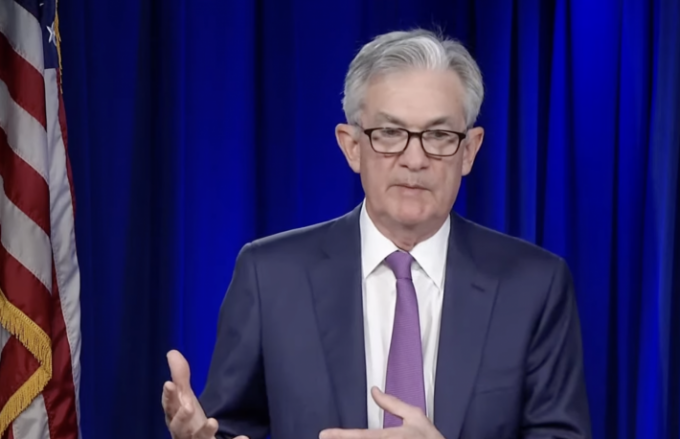- The top cryptocurrency hit a high of $38,461 during the European hours, extending Wednesday’s double-digit rally to above $37,500, according to CoinDesk 20 data.
- The Basel Committee on Banking Supervision, which sets international banking standards, recommended stricter capital requirements for holding bitcoin (BTC, -0.08%) than stocks and bonds.
- The committee proposed a risk weight of 1,250% for bitcoin, ether (ETH, -4.66%), and all other cryptocurrencies, excluding stablecoins that are fully backed by reserves.
- It means a bank would require to hold capital equivalent to the face value of the bitcoin exposure.
- A $100 exposure would give rise to risk-weighted assets of $1250, which when multiplied by the minimum capital requirement of 8% results in a minimum capital requirement of $100 (ie the same value of the original exposure, as 12.5 is reciprocal of 0.08), the proposal said.
- While Basel has categorized bitcoin as a high-risk asset, bitcoin’s reaction suggests the market was likely expecting worse.
- As cryptocurrencies begin to make their way into the traditional financial ecosystem, it is only normal to expect various regulatory bodies to begin to set and then also try to coordinate regulatory initiatives to protect savers and investors, Denis Vinokourov, head of research at Synergia Capital said.
- Risk is over-regulation, but equally lack of regulation will also prevent further adoption en masse. Basel’s proposal to split assets into groups makes logical sense given the different volatility and risk parameters, Vinokourov added.
- The recommendation comes as regulators across the globe are stepping up plans to regulate the still-nascent market.
- On Wednesday, China stepped up its crackdown on bitcoin, asking miners based in Qinghai province to shut down operations.





